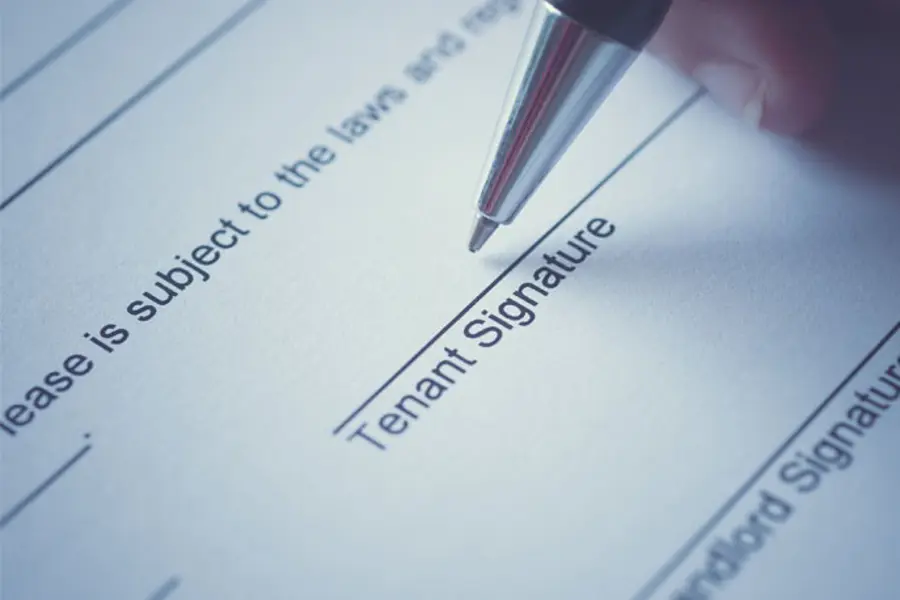Fixed-term vs periodic tenancy: which is better for your rental property?
Property Management

By continuing, you agree to our terms of use and privacy policy
Instructions on how to reset your password will be sent to the email below.
Your password reset link has been sent. Please check your inbox and follow the instructions provided.

Want your property SOLD? There is no better opportunity this summer! Our Bid Day Out auction is geared to get you more!
Property Management

Here’s what you need to know about these two common tenancy agreement types, and what they mean for your property portfolio.
Fixed-term tenancies offer stability. Periodic tenancies offer flexibility. Your choice should depend on your investment goals, the type of tenant you’re targeting, and your future plans for the property.
With changes to tenancy law in 2021 and further clarifications in 2025, selecting the right agreement is more than just a convenience - it can significantly affect your rental income, compliance risk, and operational flexibility.
Not sure what’s right for your property? Talk to your local Property Brokers property manager for tailored advice.
| Consideration | Fixed-term Tenancy | Periodic Tenancy |
|---|---|---|
| Income certainty | High – rent is locked in for a set period | Low – tenants can leave with 28 days’ notice |
| Control | More control over timing and renewals | Less control – hard to manage timing or planning |
| Tenant type | Suits long-term tenants | Suits transitional or uncertain living arrangements |
| Renewal process | Requires action within 90–21 days before expiry | Ongoing until valid notice is given |
| Flexibility | Low flexibility for both parties | High flexibility – especially for tenants |
Tip: Many landlords start with a fixed-term and let it roll into a periodic tenancy once a good relationship is established.
A fixed-term tenancy has a specific start and end date and typically lasts for at least 90 days. Since 2021, fixed terms automatically roll over into periodic tenancies unless notice is given during the "effective window" — between 90 and 21 days before the end date.
Benefits:
Limitations:
How we help: Property Brokers structures fixed-term agreements to suit your goals and ensures key dates aren’t missed.
A periodic tenancy has no fixed end date. It continues indefinitely until the landlord or tenant gives legal notice.
Tenant can end: with 28 days’ notice at any time Landlord can end: only under limited grounds, with 63 or 90 days’ notice depending on the reason.
Risks:
Best for:
How we help: Property Brokers property managers keep a close eye on periodic tenancies to reduce vacancy risk and ensure compliance.
Whether you’re managing one rental or a growing portfolio, Property Brokers offers the systems and support to:
Want to make the right call? Find your local property manager or request a free rental appraisal.
It depends. A fixed term offers more control and income stability. A periodic agreement offers flexibility but carries more risk. For most landlords, starting with a fixed term is the safer option.
Fixed-term: defined start and end date, more certainty Periodic: no end date, can be ended with notice Both must meet Residential Tenancies Act and Healthy Homes Standards.
It rolls into a periodic tenancy unless one party gives notice between 90 and 21 days before the end date.
No – only if the tenant agrees or the Tenancy Tribunal permits it. Choose your term carefully.
Tenants can leave any time. You can’t easily plan rent reviews or sales. It may lead to higher turnover and costs.
Yes. Unless both parties act during the 90–21 day notice period, the agreement rolls over to periodic.
Give written notice between 90–21 days before the fixed term ends. Start planning at least 14 weeks before expiry.
Only with landlord approval. If granted, tenants may need to cover re-letting costs and rent until a new tenant is found.
Often, yes. If the tenant is reliable, it gives flexibility without starting from scratch. We’ll help you decide based on your goals.
From the top of the North through to the deep South, our salespeople are renowned for providing exceptional service because our clients deserve nothing less.
Managing thousands of rental properties throughout provincial New Zealand, our award-winning team saves you time and money, so you can make the most of yours.
With a team of over 850 strong in more than 88 locations throughout provincial New Zealand, a friendly Property Brokers branch is likely to never be too far from where you are.
